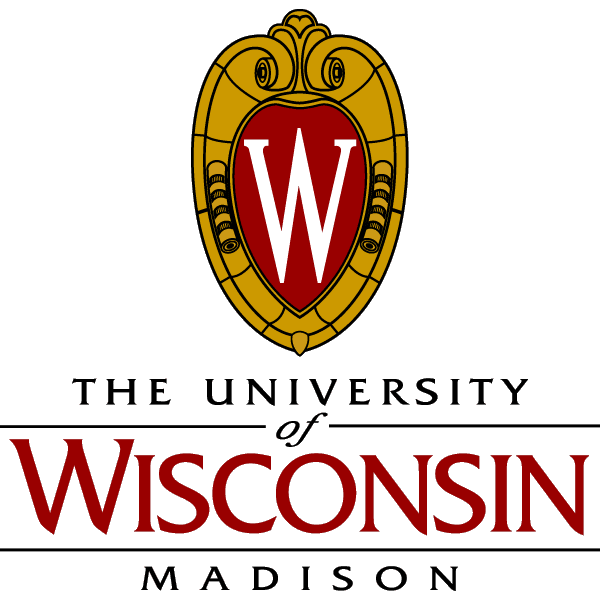Events
Archived Event
The University of Wisconsin–Madison lectures
Monday 15 February - Tuesday 16 February 2016
University of Wisconsin–Madison
Special Colloquium, Iain McCalman, “What Will We Do With the Anthropocene? Themes and Challenges for Australia’s Environmental Humanities”
Monday 15 February 2016
Nelson Institute
Center for Culture, History and Environment
University of Wisconsin–Madison
Iain McCalman will give a short talk and welcome discussion on the challenges and opportunities that have emerged among Australia’s Environmental Humanities scholars and institutions through the impact of the Crutzen/Stoermer thesis of 2000 that our planet has entered a new age of the Anthropocene in which humans ‘overwhelm the forces of nature’ to leave enduring impacts on the geological record. Whether or not this thesis is formally confirmed by the International Commission on Stratigraphy, Crutzen himself has pointed to the metaphorical power of the idea for making us rethink our previously assumed relations with nature. Recently, too, Professor Phil Gillard, a University of Cambridge geologist and a skeptic about the scientific usefulness of the concept, has nevertheless conceded its importance as ‘a cultural term’. There is no doubting the immense impact on the Anthropocene idea in Australia, where it has generated exciting new interdisciplinary work and intellectual and policy links and collaborations between the environmental humanities and environmental sciences at multiple levels. Professor McCalman will outline some of these developments, but at the same cite some worrying counter examples that seem to suggest that the idea of the Anthropocene can also sometimes worsen the old humanities and natural sciences divide.
“Back to the Future: Teddy Roosevelt’s Anthropocene Safari”
Monday 15 February 2016
Center for the Humanities
Humanities Without Boundaries Lectures
University of Wisconsin–Madison
In March 1909, Theodore Roosevelt embarked on an eleven-month, post-Presidential shooting safari that doubled as a scientific expedition to provide the Smithsonian Museum in Washington with complete samples of East Africa’s rich wildlife. As he journeyed on an American-built steam train from the coast to the interior, he congratulated himself on travelling back into a primeval past that was elsewhere lost. The sight of countless herds of wild beasts roaming the savannah evoked for him the primeval epoch of ‘the Pleistocene’. Likewise, the tough white hunters and settlers of British East Africa were nostalgic reminders of the masculine Wild West frontier of his youth. Within a few months, however, he was publicly urging these same pioneers to emulate America by transforming this primitive Eden into a civilized, imperial, ‘white man’s country’, while at the same acknowledging regretfully that this would inevitably lead to the loss of much of the country’s wildlife and the domestication of its ‘savage’ peoples.
In this talk, McCalman will argue that Roosevelt’s famous African safari proved in fact to be a harbinger and agent of exactly the transformative social and environmental forces that he both regretted and extolled. Despite his lifelong disgust at ‘game butchers’ and ‘trophy hunters’, his own safari behavior savored uncomfortably of both. The eleven thousand specimens procured on his ‘science safari’ not only included several rare and endangered animal species, it also became the catalyst for a new type of commercialized safari industry that would ultimately threaten the biodiversity of the wildlife that he celebrated in newspaper articles and his million-selling book, African Games Trails. If Teddy Roosevelt journeyed back into the Pleistocene, it was as an early agent of a new and destructive Anthropocene.
The Brownbag Group Discussion
Tuesday 16 February 2016
Center for the Humanities
Middle Modernity Brownbag Group Discussion
University of Wisconsin–Madison
The Middle Modernity Group of the English Department, in collaboration with the Center for the Humanities, will host a brownbag with Professor Iain McCalman on Tuesday, February 16, 12:00-1:30pm at the University Club in room 313. This brownbag follows McCalman’s Humanities Without Borders lecture, “Back to the Future: Teddy Roosevelt’s Anthropocene Safari,” which takes place Monday night.
Iain McCalman is Professor of History at the University of Sydney, as well as the Co-Director of the Sydney Environment Institute. While his recent work has focused on the environmental humanities, he has several publications that engage with Eighteenth- and Nineteenth-Century British history. He is the author of Radical Underworld: Prophets, Revolutionaries, and Pornographers in London, 1795–1840 (Cambridge UP, 1988), which is an important account of British radicalism and popularism, and Darwin’s Armada: Four Voyages and the Battle for the Theory of Evolution (Norton, 2009). This brownbag will be a fantastic opportunity to engage with an international scholar in informal conversation.
